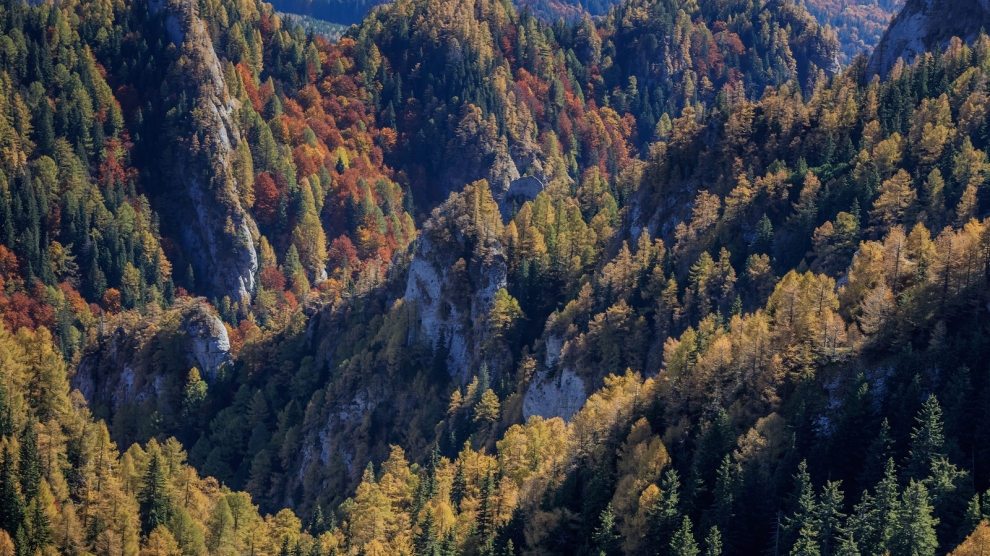Three environmental organisations, EuroNatur, Agent Green and ClientEarth, have advanced their fight against illegal logging of old-growth and primaeval forests in Romania by filing a complaint against the country’s authorities to the European Commission. Their joint goal is to stop the ongoing deliberate destruction of natural woodlands which make up two-thirds of all unspoilt forests within the European Union outside Scandinavia.
The organisations claim that Romania’s state forestry management, Romsilva, is conducting logging operations within protected Natura 2000 areas without proper analysis of the impact on these unique sites. In some cases the relevant environmental impact assessments, which should be performed beforehand when logging is being planned, take place years after logging gets underway.
ClientEarth wildlife lawyer Ewelina Tylec-Bakalarz said: “Systematic logging in Natura 2000 sites without effective assessment of its impact on those areas is a clear violation of EU law. This is a widespread problem across Romania, which is why we are now bringing this case to the European Commission.”
Romsilva manages 22 of Romania’s 29 national and natural parks. All these areas are part of the EU Natura 2000 network and fall under the provisions of both the Habitats and the Birds directives. However, legal experts say the state forestry often fails to comply with the EU legal requirements for the protection of such areas.
Gabriel Schwaderer, executive director of EuroNatur said: “If the breach of EU legislation in Romania is allowed to continue without any consequences, the whole Natura 2000 system is weakened. The ongoing nature conservation drama in Romania is one of the most pressing environmental crises in Europe, yet it is still largely unrecognised.”
Tylec-Bakalarz added: “The case of Poland’s Bialowieza Forest proves how effective European law can be in protection of our continent’s natural treasures. We hope that in the case of Romania’s forests the European Commission will also take action before damage of these unique ecosystems becomes irreversible.”
Last year, campaigners fought a legal battle culminating in a ruling from the European Union’s highest court that logging in Białowieża, one of Europe’s last remaining primaeval forests, was illegal.


Add Comment